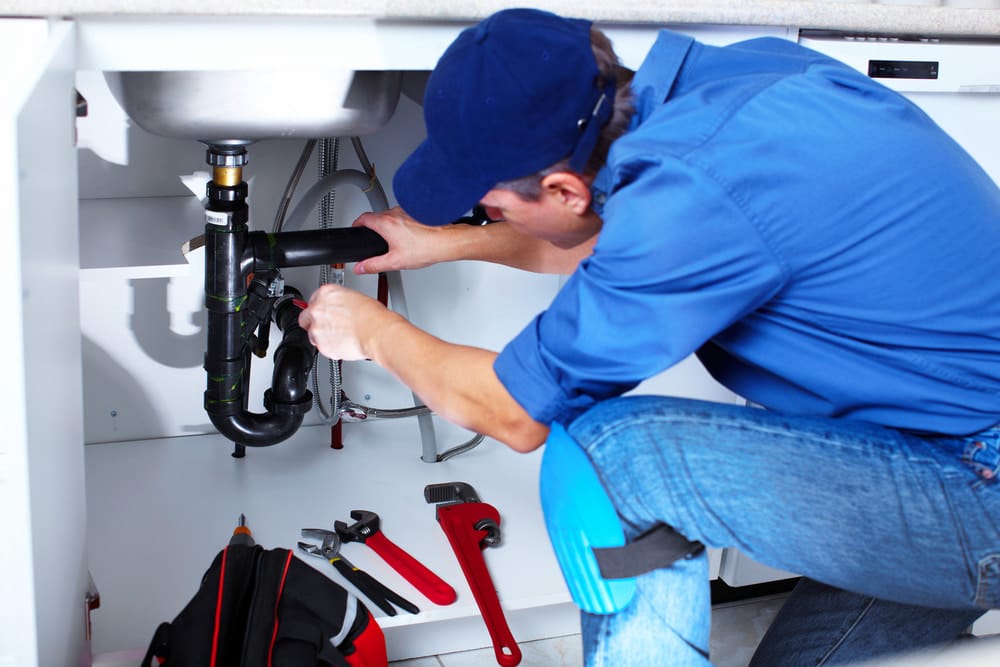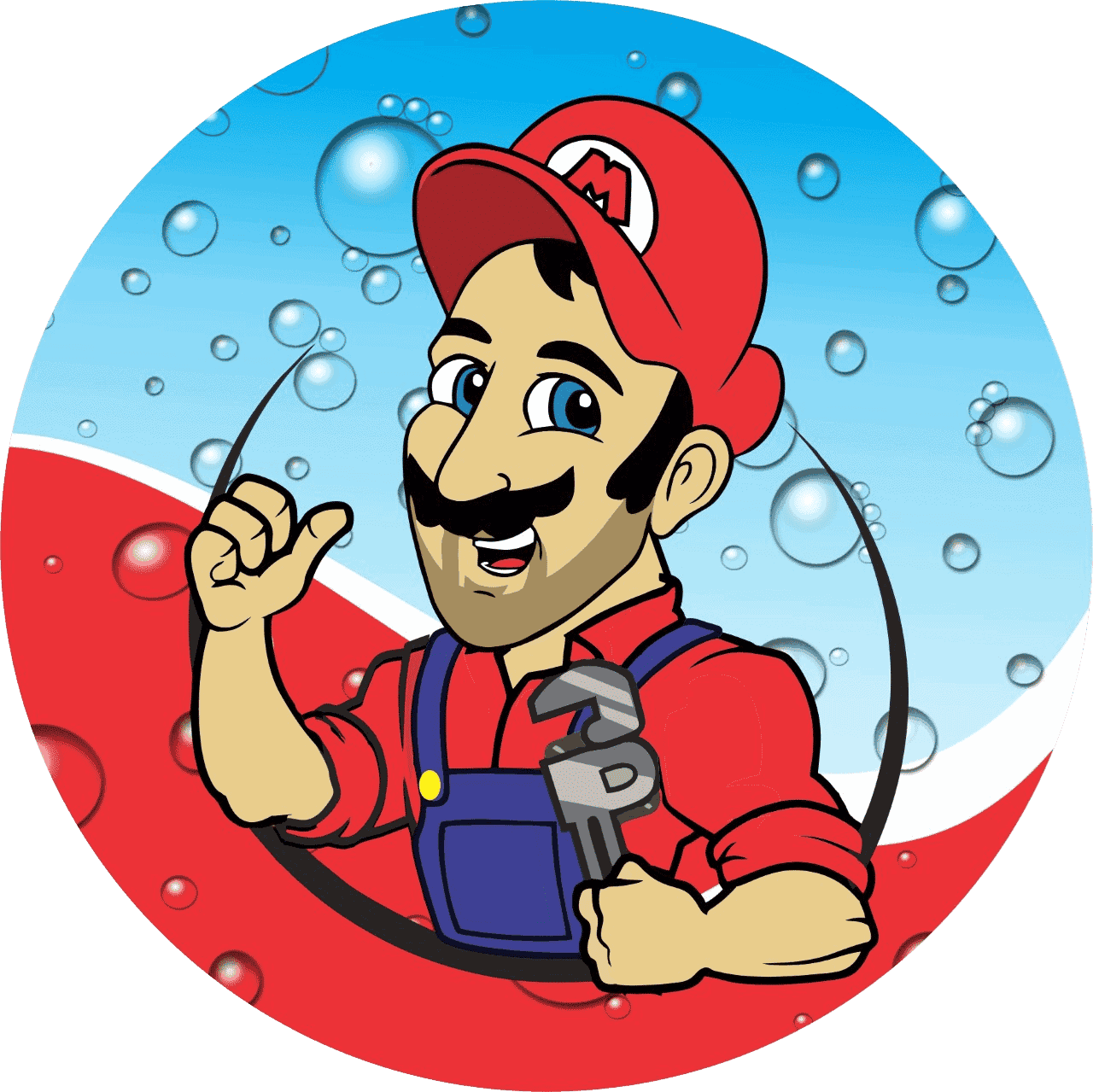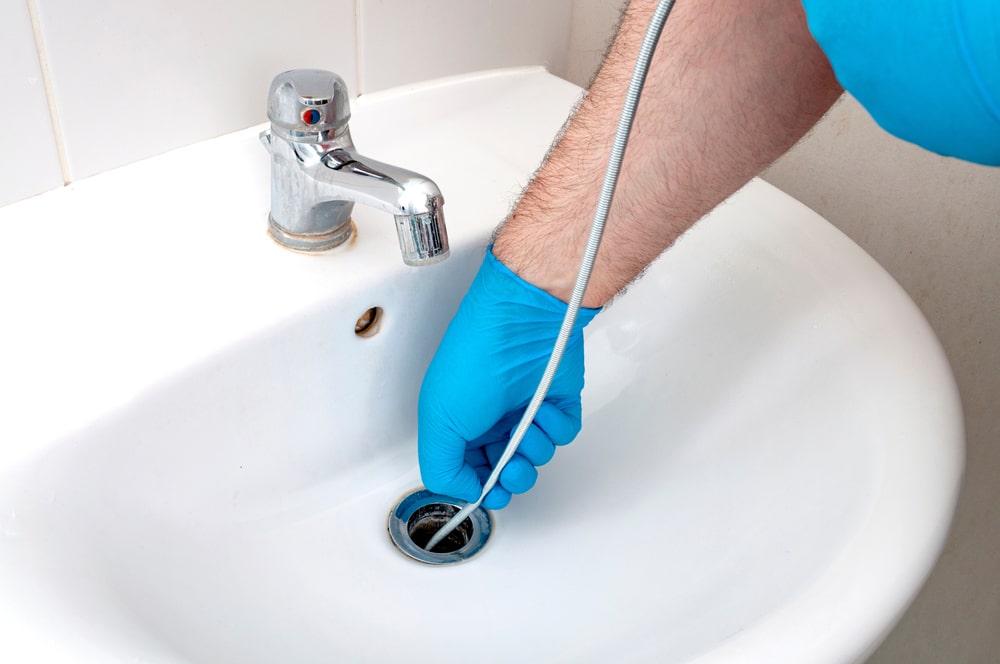Common plumbing issues include clogged drains, toilets, leaky faucets, pipes, water heater malfunctions, low water pressure, and running toilets. Each problem has its own distinct causes, as outlined below.
The importance of seamless plumbing becomes apparent when problems arise. From a dripping faucet to a sluggish drain, as your commercial building ages, plumbing issues are inevitable.
Some are DIY-able, requiring minimal effort, while others pose potential risks and are best addressed by professionals. Familiarizing yourself with common plumbing problems and causes helps determine when to tackle issues independently and when to seek the expertise of a plumber.
Water Heater Issues
Most water heater problems are simple to identify. You walk into that lovely warm shower, only to be drenched by icy cold water! Dripping water, puddles of water, discoloured water, and noises coming from the water heater unit are other signs of a problem. While you can solve the problems on your own in certain situations, the complexity and risk involved in many water heater repairs necessitate expert assistance.
What causes this issue?
- Leakage: Corrosion or cracks in the tank can lead to water leaks.
- Sediment Buildup: The accumulation of sediment affects heating efficiency.
- Faulty Thermostat: Incorrect temperature settings impact water warmth.
- Corrosion: Internal rust weakens the tank structure over time.
- Pressure Problems: Fluctuations in water pressure can strain the heater.
- Mineral Deposits: Hard water causes mineral deposits, hindering heating elements.
Clogged Drains And Toilets
When you notice water backing up while emptying a sink or taking a shower, you may have clogged drains. Often, the signs of a clogged toilet are easier to spot.
The water in the toilet bowl overflows and backs up instead of flushing normally. Your toilets or drains can usually be restored to normal after the obstruction is cleared, either by yourself or by hiring a plumber.
What causes this issue?
- Foreign Objects: Items like hair, soap filth, and small objects can obstruct drains.
- Grease and Fat: Pouring grease down drains leads to buildup, causing clogs.
- Toilet Paper: Excessive toilet paper usage or flushing non-flushable items can block toilets.
- Tree Roots: Intruding tree roots seek water sources, infiltrating and blocking sewer lines.
- Mineral Buildup: Hard water deposits can accumulate in pipes, restricting water flow and causing issues.

Leaky Faucets And Pipes
Plumbing issues with leaking faucets and pipes are frequent in homes and apartments. When a faucet is in the off position, water physically drips out of it, making leaks easy to find.
Usually, even if you are not in the room, you can still hear the drips. If the issue with leaking pipes is not addressed right away, it may result in significant damage.
What causes this issue?
- Wear and Tear: Ageing faucets and pipes degrade over time, leading to leaks.
- Corrosion: Exposure to water and minerals causes corrosion, weakening the structure.
- High Water Pressure: Excessive water pressure strains plumbing, resulting in leaks.
- Improper Installation: Poorly installed fixtures and pipes may develop leaks.
- Freezing Temperatures: Water freezing in pipes expands, causing cracks and leaks.
Sewer Smells
The foul stench of sewage can be a sign of a serious plumbing issue that needs to be addressed immediately. Waste that contains ammonia or hydrogen sulphide releases foul odours. Prolonged exposure to these gases can eventually become harmful.
What causes this issue?
- Blocked Drains: Accumulated debris obstructs proper drainage, leading to unpleasant odours.
- Dry P-Traps: Evaporation in unused drains allows sewer gases to enter the space.
- Cracked Sewer Pipes: Structural damage permits sewage leaks, causing foul smells.
- Sewer Line Issues: Breaks or blockages in the main sewer line contribute to odour problems.
- Inadequate Ventilation: Poor air circulation in the plumbing system results in lingering sewer smells.
Running Toilet
Plumbing issues with toilets can take many different forms, but one of the most annoying is a running toilet. The toilet is still functional, but it runs nonstop, wasting water and making a loud noise.
What causes this issue?
- Worn-out Flapper: A deteriorated or misaligned flapper can lead to constant water leakage.
- Faulty Fill Valve: A malfunctioning fill valve may result in inadequate tank refilling, causing the toilet to run continuously.
- Loose Flush Handle: A loose or stuck flush handle can prevent the flapper from sealing properly after flushing.
- Mineral Buildup: The accumulation of minerals in the tank can affect the flushing mechanism, causing constant running.
Poor Water Pressure
Although low water pressure might not seem like a big deal, it could be a sign of a leak in the pipes. There will be much less pressure if water is leaking out before it gets to the faucet. Low water pressure can affect your productivity, depending on your business type.
What causes this issue?
- Pipe Obstructions: The buildup of sediment, debris, or mineral deposits can restrict water flow.
- Corroded Pipes: Ageing or corroded pipes can reduce water pressure.
- Leaky Pipes: Water leaks contribute to pressure loss in the plumbing system.
- Malfunctioning Pressure Regulator: Faulty regulators fail to maintain consistent water pressure.
- Municipal Supply Issues: Problems with the city’s water infrastructure can impact pressure.
- Closed Valves: Partially or fully closed valves impede water flow, causing pressure issues.
When Should You Call A Plumber?
Call a plumber promptly if your commercial property experiences plumbing issues such as clogged drains, leaks, faulty water heaters, low water pressure, or running toilets.
Timely intervention is crucial to prevent further damage, water wastage, and operational disruptions. Whether it’s professional drain cleaning, leak repairs, water heater maintenance, addressing water pressure concerns, or fixing running toilets, a plumber’s expertise ensures efficient solutions.
Don’t wait; act swiftly to safeguard your property, maintain functionality, and save on potential long-term repair costs.
Key Takeaway
The plumbing issues mentioned above can arise unexpectedly at your commercial properties. As a prudent business owner, it is essential to take simple measures to prevent these common problems from escalating into major disasters.
Regular inspections and maintenance play a crucial role in ensuring the optimal functioning of your commercial property’s plumbing system. This proactive approach not only saves money in the long term but also enhances the safety of your tenants or customers.
If you are located in the Sunshine Coast or anywhere near, don’t hesitate to reach out to MARIO’S PLUMBING & DRAINAGE for comprehensive inspection and maintenance services for your commercial property’s plumbing system. With our diverse range of plumbing services, from sewer line repair to water heater installation, we are geared towards keeping your commercial property operational and efficient.
Get in touch with us today to secure the plumbing health of your commercial property!






